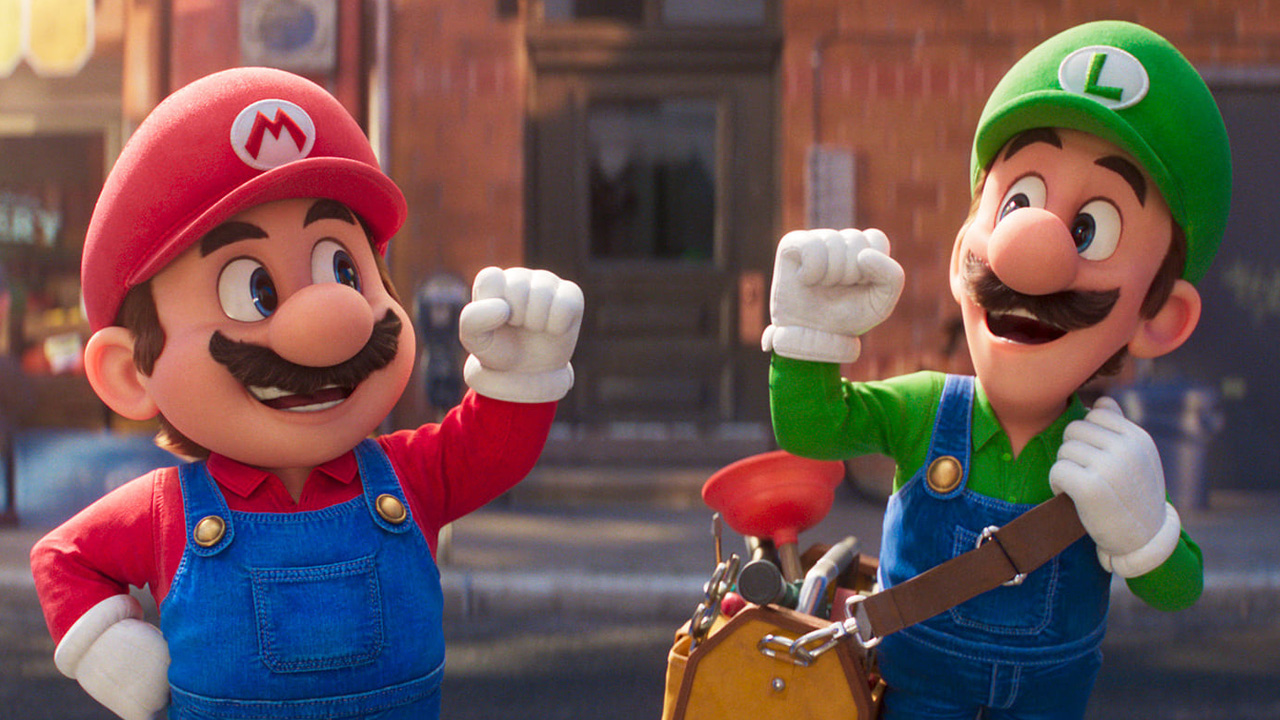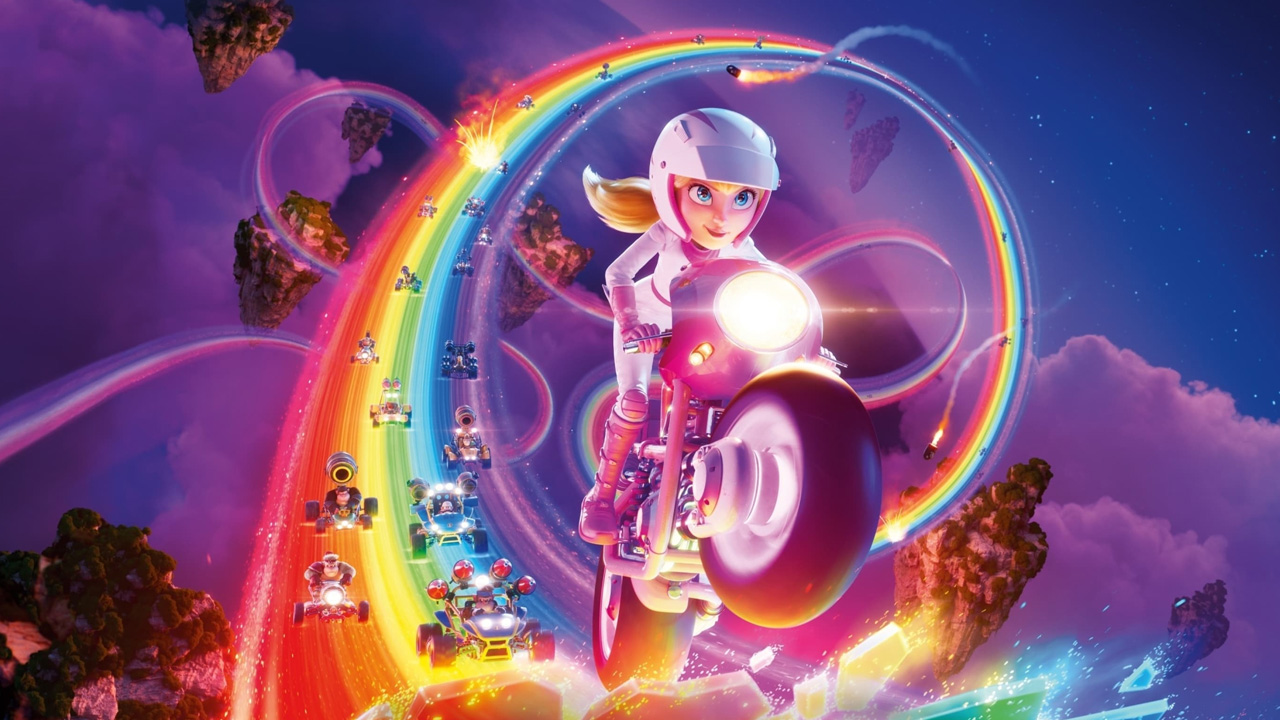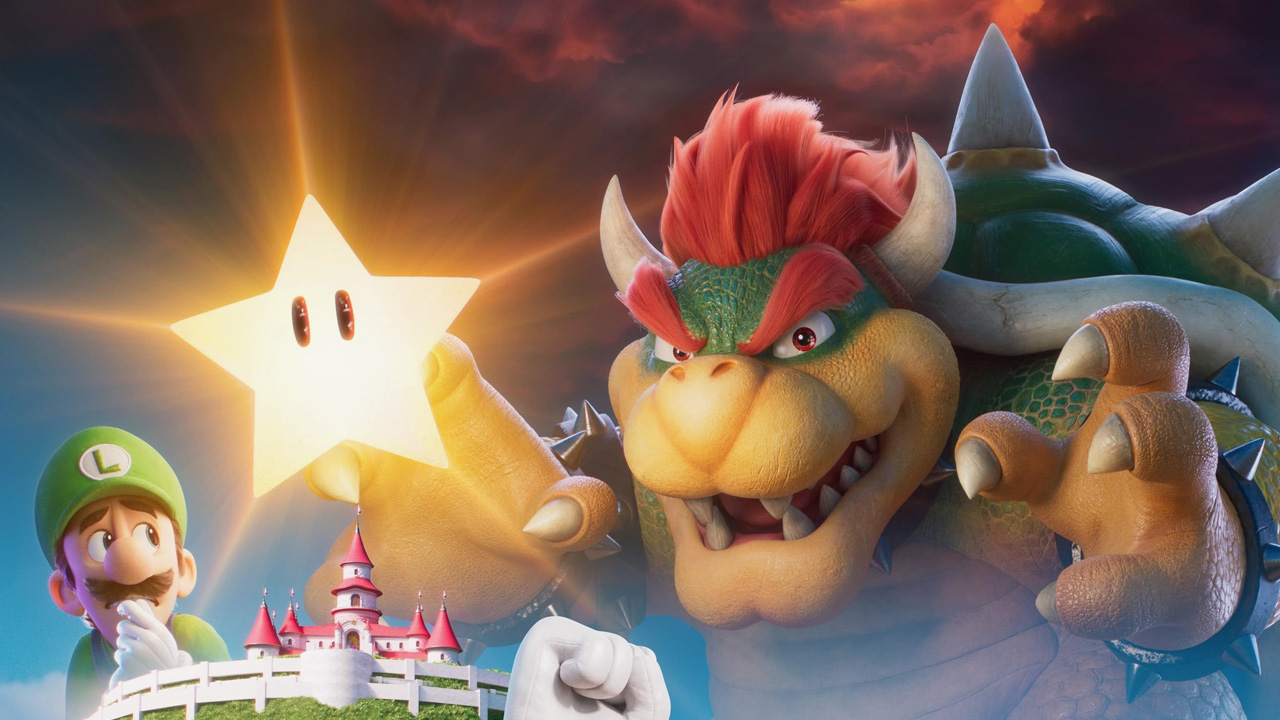The Super Mario Bros. Movie isn’t really a movie
It’s the cinematic equivalent of a cube brick designed to leak money when someone smashes their face into it.

Chris Pratt is the voice of Nintendo mascot Super Mario in this video-game-to-film adaptation from Illumination (Despicable Me). It looks and sounds great with heaps of gags and references—just don’t call it a movie, Liam Maguren writes.
Illumination has created a faithful Super Mario film, in that they’ve made the cinematic equivalent of a cube brick designed to leak money when someone smashes their face into it. That might be a bit harsh given Super Mario Bros. Movie contains plenty of gags, references, visual gloss, and action set-pieces to entertain audiences of all ages. Just don’t call it a movie.
What should be a straightforward plot—Mario and Luigi help Princess Peach stop Bowser from destroying her kingdom—becomes a spaghetti junction of shenanigans, turning a simple A to B quest into a trudge through the entire alphabet of Mario references. From the iconic map in Super Mario World to Peach’s castle in 64, a Smash Bros. duel, and a luma from Galaxy, Super Mario Bros. Movie is loaded with callbacks and “see what we did there” moments that largely fill out the middle hour of the 92-minute running time.
Some of the references make sense. A really crafty Mario Kart chase makes for an exciting lead-in to the third act—I dare call it Mad Max: Rainbow Road. And the musical arrangements from classic Mario scores are about as tastefully realised as one could hope. (As opposed to the gratingly unfitting Now That’s Is What I Call Music! song choices, which include A-ha’s Take On Me and ACDC’s Thunderstruck for no reason.)
It even has some decent jokes. Illumination knows how to engineer their Minions-styled physical comedy like it’s a Big Mac and there’s plenty of that same tried-and-true slapstick here. I’ll also happily admit to chuckling at the cutesy characters who either talk like super tough guys or as gleeful doomsayers.
However, if gags and references make up the bulk of the storytelling, then there isn’t really a story being told. And if the movie isn’t telling a story, then it’s not really a movie. Unless we’re talking art house cinema, which we’re definitely not.

The beginning could fool you into believing this will be an actual movie, setting up Bowser (a well-cast Jack Black) as a proper threat and Mario (a terribly casted Chris Pratt) as an athletic go-getter who’s very protective of his loving brother / total coward Luigi (an on-point Charlie Day). That solid setup crumbles quickly however when Bowser becomes a goofy weirdo, diminishing his status as a threatening villain, and Mario suffers through an obstacle course montage, seemingly ignoring the “athletic” part of his intro just to show off a “Mario level.”
I could list numerous examples of how the gags and references distract and detract from the story but let’s face it; people care more about a YouTuber’s 100 Easter Eggs You Missed From The Super Mario Bros. Movie designed to please the content gods. It’s almost like Illumination knows this and made a story sacrifice that didn’t need to be made.

To add insult to injury, the climax makes an unearned attempt at emotional poignancy to satisfy the “Movie” part of the title. Stand by your siblings? Make your parents proud? Be brave and bold? No Super Mario Bros. Movie, basic morals are only for films that do the basic work, like the two Sonic the Hedgehog films.
Still, you can’t deny that production. Super Mario Bros. Movie looks and sounds fantastic, faithfully translating some very videogame-y elements for the theatrical experience. For all its failings as a movie, it at least succeeds as a superficial product—I cynically suspect Illumination is confident in their ability to tick enough Family Friendly Focus Group boxes to achieve maximum box office gross.
Yes, Super Mario Bros. Movie is still better than the 1993 film, which had no idea what it was doing. But it’s not a heck of a lot better, partly because Illumination knows exactly what they’re doing.
























